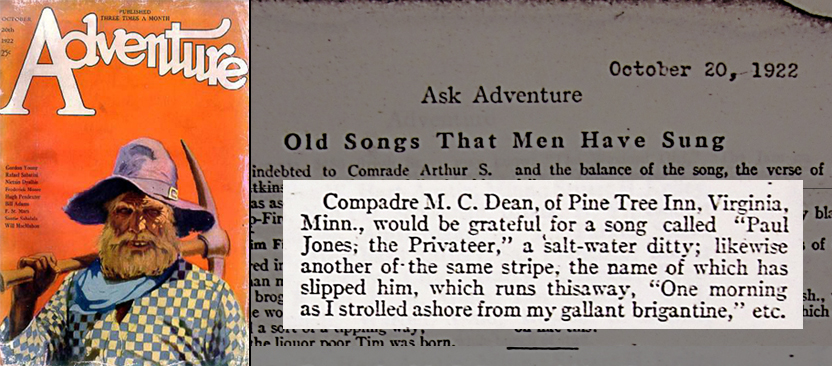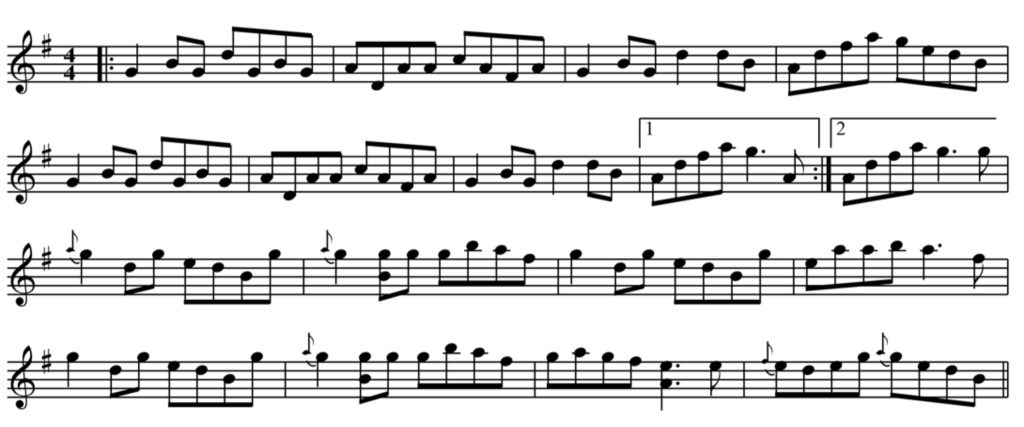Highland Mary

Ye banks and braes and streams around the castles of Montgomery,
Green be your woods and fair your flowers, your waters never drumlie,
There summer first unfolds her robes, and there I langest tarry,
For there I took the last farewell, of my sweet Highland Mary.
How sweetly bloomed the gay green birk, how rich the hawthorn’s blossom,
As underneath their fragrant shade, I clasped her to my bosom,
The golden hours, on angel’s wings, flew o’er me and my dearie,
For dear to me as light and life, was my sweet Highland Mary.
Wi’ many a vow and locked embrace, our parting was so tender,
And pledging oft to meet again, we tore ourselves asunder,
But oh! Fell death’s untimely froth that nipped my flower so early,
Now green’s the sod and cold’s the clay that wraps my Highland Mary.
O pale, pale now those rosy lips I oft have kissed so fondly,
And closed for aye the sparkling glance that dwelt on me so kindly,
And mouldering now in silent death that heart that lowed me dearly,
But still within my bosom’s core shall live my Highland Mary.
In honor of Burns Night coming up on January 25th we have a song found in both Ireland and the north woods that began as a poem penned by Scotland’s national poet, Robert Burns. The above version comes from the wonderful singing of Beaver Island, Michigan-born woodsman and singer Dominic Gallagher (1867-1954). Dominick’s father “Big Dominick” Gallagher, like most Beaver Islanders of his generation, emigrated from the island of Arranmore, Co. Donegal. After singing the above for collector Ivan Walton in 1940, Dominick said (with characteristic humility) “The first time I heard that I was only about six years of age at a party home. A fellow by the name of Paddy Hamey[?] sang it two weeks after he was married—a very fine singer—could sing it a good deal better than I sang it now.”
Twelve years after Dominick Gallagher was recorded on Beaver Island, famed Co. Fermanagh singer Paddy Tunney assisted collector Peter Kennedy in recording Paddy’s mother Brigid Tunney singing a similar version of “Highland Mary” at her home in Fermanagh. Interestingly, Brigid, like Dominick’s father, was born in Donegal and her maiden name was also Gallagher.



